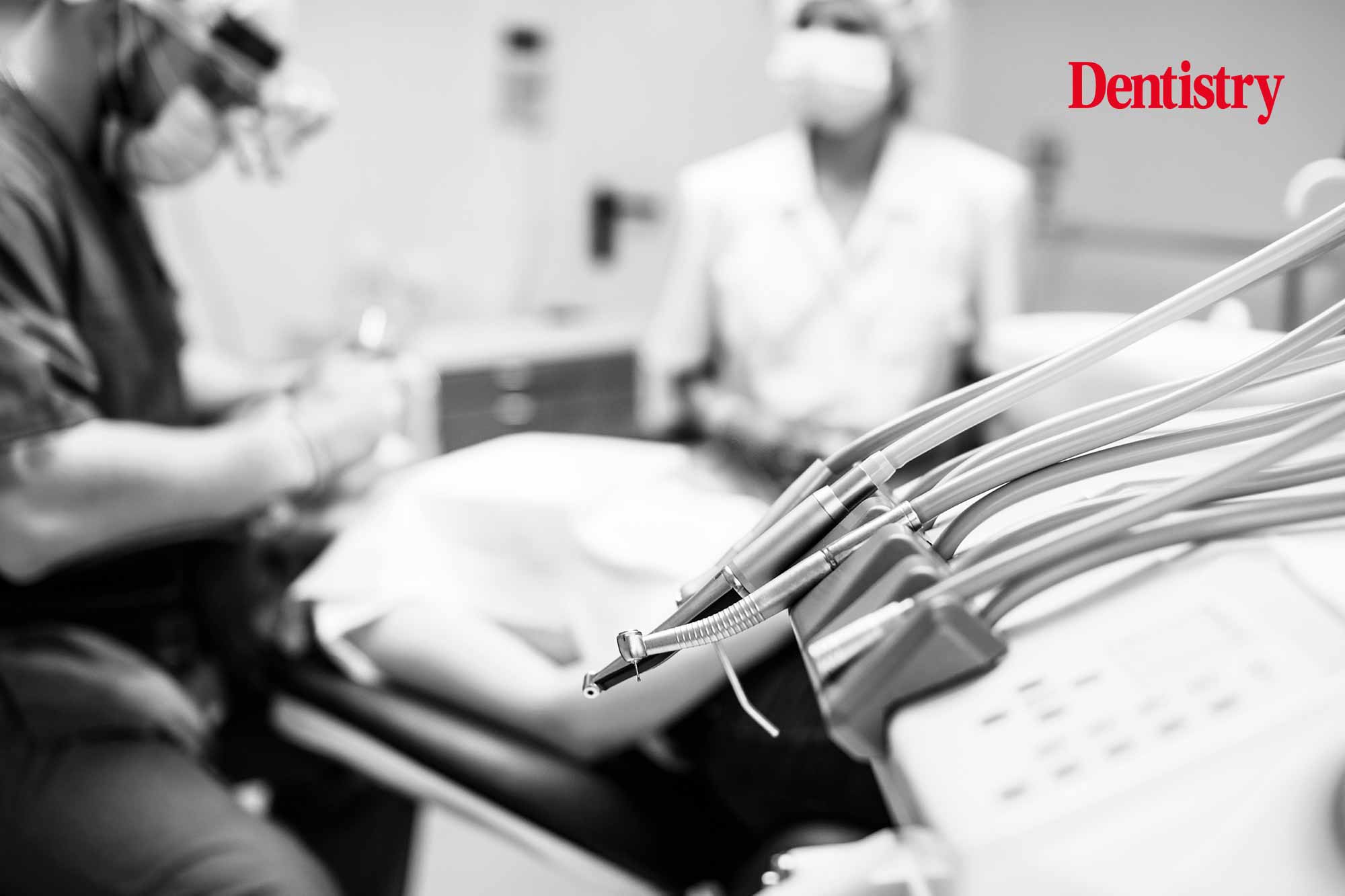 Michelle Hardy, Practice Plan sales support manager, caught up with dentist Simon Thackeray, to look back at why he made the move to private 16 years ago, what the benefits have been, and why he has now decided to hand back the final part of his contract.
Michelle Hardy, Practice Plan sales support manager, caught up with dentist Simon Thackeray, to look back at why he made the move to private 16 years ago, what the benefits have been, and why he has now decided to hand back the final part of his contract.
It has been 16 years since you decided to make the move from NHS to private. What were the driving factors behind the decision?
ST: The main catalyst for me was the new contract that was just around the corner. It was the UDA targets contract and, hand on heart, I knew I couldn’t sign up for it. I knew I wouldn’t be able to see every patient on my list and it wouldn’t allow me to do the dentistry I was trained to do.
I see a lot of similarities from my situation back then to a lot of dentists now.
The majority are having to see all and sundry at the moment in this post-Covid world. They are not being properly remunerated for it. And they don’t want to wait for the new contract, so they are deciding to leave.
That is how I felt all those years ago.
Can you remember much about those last few months in the NHS? Were they stressful at all?
ST: No, it wasn’t a stressful time at all. I’d made my decision and I was just focused on planning my business and moving forward.
I was looking forward to all the positives that were going to come my way after making the move.
I was on the old contract of fee-per-item. So my cash flow was very lumpy. Whereas when I switched to private, I knew there was more financial consistency.
And I was also looking forward to getting rid of the bureaucracy that came with working under the NHS.
What would you say the main benefits have been over the last 16 years since making the move?
ST: Being able to do the dentistry I was trained to do on the patients I want to treat. That’s really been one of the biggest benefits. Along with the freedom and control I now have. Beforehand I had no control.
I made a five-figure investment into a practice for somebody to tell me which patients I could see and what I could charge them.
If they wanted to do that, then they should have purchased all the equipment and then employed me as a dentist.
These days, dentists are making six and seven figure investments. Then somebody else is telling them how to run their service.
Once I stepped out of the NHS I got rid of all that. I had the freedom to do the dentistry I wanted to do – and on my own terms.
In recent months you’ve handed back that final part of your NHS contract. What was your reason for that?
ST: When I went almost fully private I was reluctant to get rid of the children’s part of the contract. I felt I had a social responsibility to treat them.
However, when we came out of Covid, I realised that I could no longer work to the unrealistic NHS targets. Especially when they were originally calculated for us incorrectly. And we always struggled to hit them.
I also have no desire to continue to tolerate the ludicrous levels of often inane bureaucracy and ever decreasing sized hoops that we need to jump through, just to satisfy a tick box mentality.
The final straw was a dispute with the BSA due to an error they had made.
Despite our computer company backing our position, NHS litigation decided to side with the BSA.
That’s when I realised just how damaging it was to my practice being part of the NHS. It became a very simple decision in the end to hand the contract back and wash my hands of everything NHS.
Do you think more and more dentists will continue heading towards the NHS exit door in the future?
ST: Yes, I think they will.
The new contract is something that is worrying dentists at a time when the private sector is really flourishing. As we all know, there is a huge demand for private dentistry at the moment.
Patients are now more willing to make that move over to a private dentist. This is due to the backlogs and waiting lists in the NHS. And I think the longer things remain like this, the more NHS dentists will look to go private.
Follow Dentistry.co.uk on Instagram to keep up with all the latest dental news and trends.


